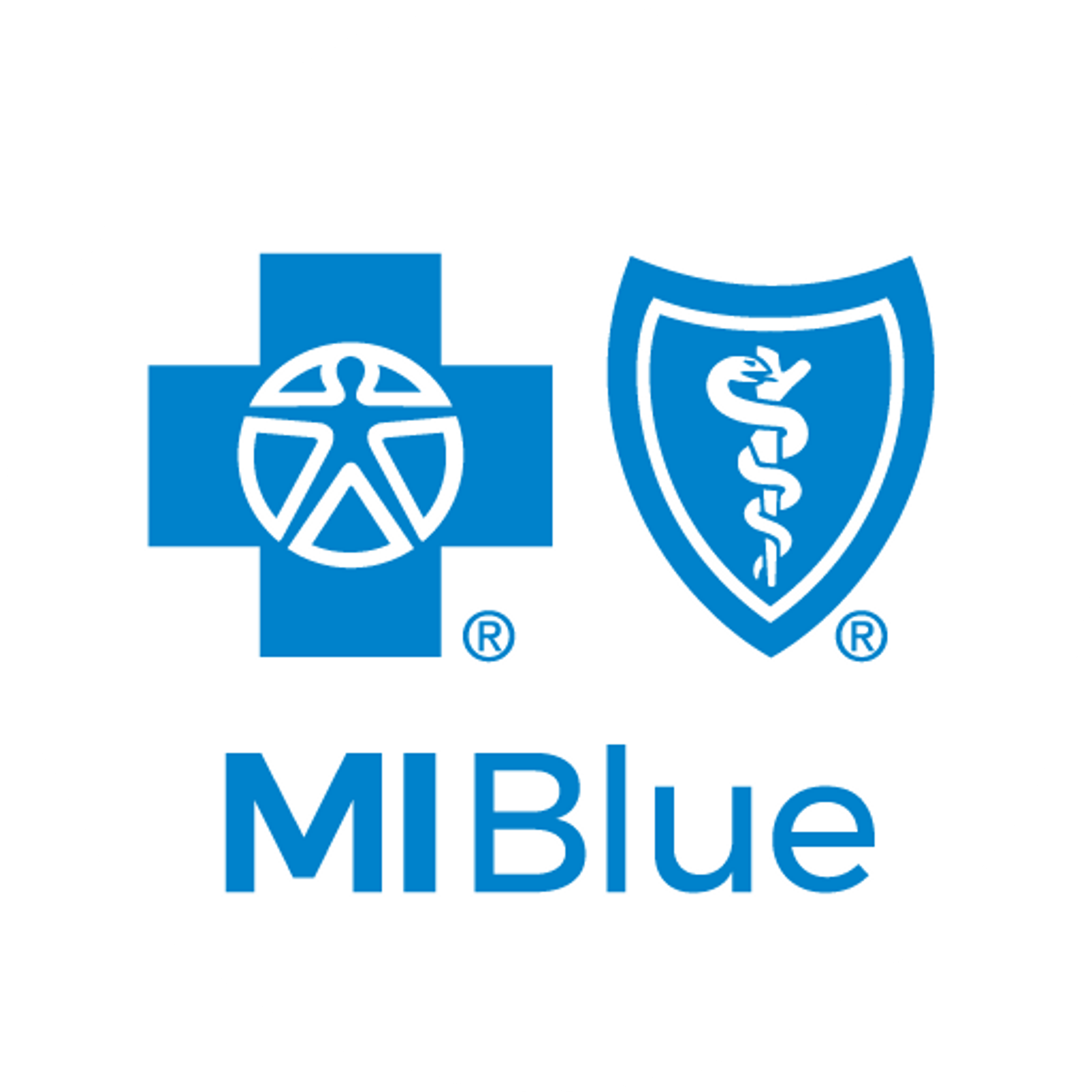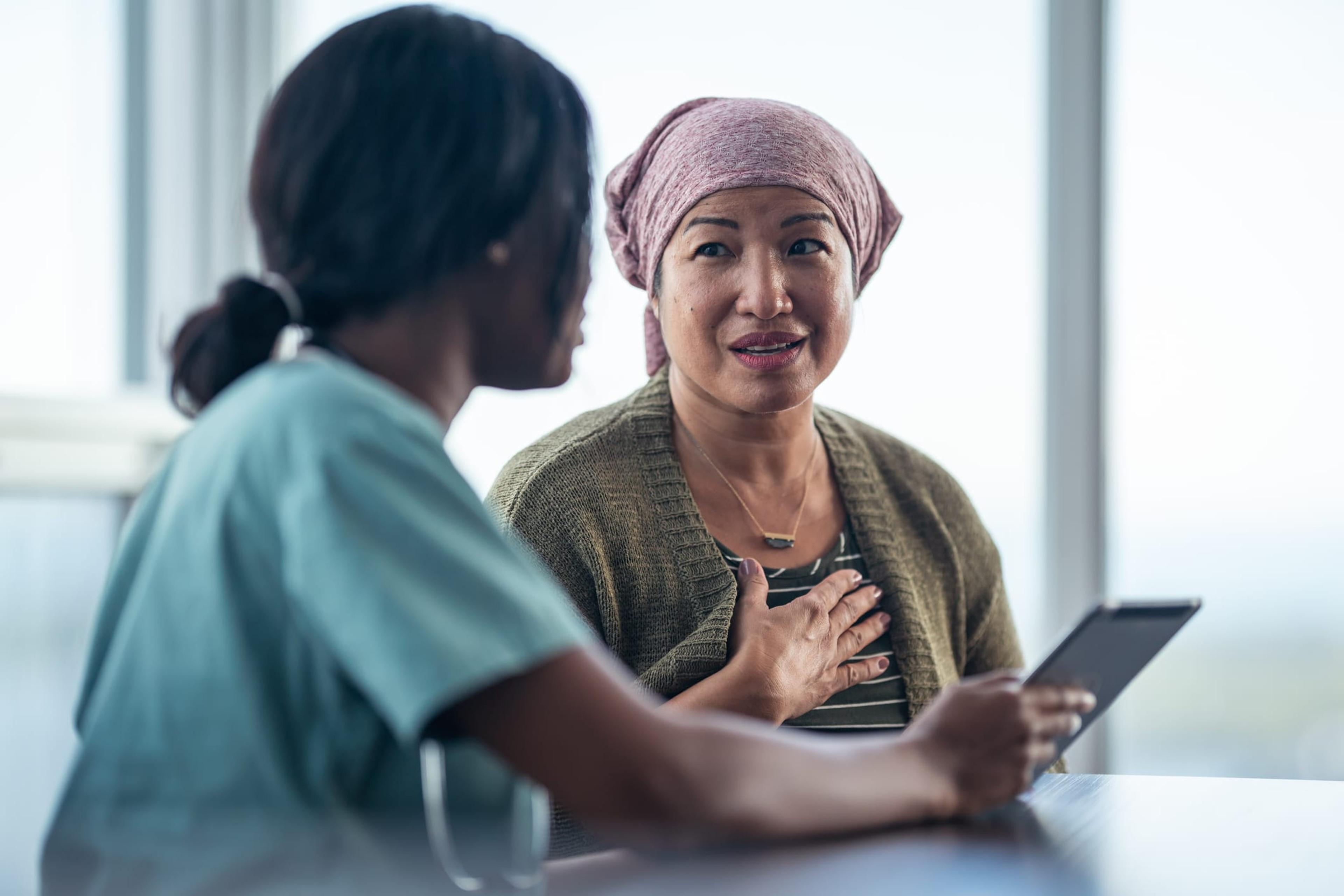How Cancer Affects Different Ethnic Groups

Blues Perspectives
| 3 min read

Cancer is the second-leading cause of death in the United States. It kills more than diabetes, stroke, influenza and chronic lower respiratory disease. Cancer also disproportionately affects ethnic minorities, with some having a much higher risk than others. This disparity is largely due to genetic, cultural and economic factors, which experts call social determinants of health.
Cancers that most commonly affect minorities
- Breast Cancer: African American women and white women are diagnosed with breast cancer at about the same rate, but related deaths among African American women are 40% higher. A contributing factor is that breast cancer is more likely to be found at an earlier stage in white women. Also, African American women are likely to have a more aggressive form of cancer that returns after treatment.
- Cervical Cancer: Cervical cancer is highly preventable, yet Hispanic and American Indian/Alaska Native women still have higher diagnosis rates than other racial or ethnic groups. That’s due in part to low rates of preventive care, including pap smears and HPV vaccinations. Hispanic women are also at greater risk because they have a higher rate of obesity than non-Hispanic white women.
- Prostate Cancer: African American men are 1.8 times more likely to be diagnosed with prostate cancer than white men. They’re also twice as likely to die from the disease. In African Americans, these are inherited genetic traits that are much more aggressive. There are also external factors, such as exposure to pollutants, stress level, diet and how quickly the cancer is diagnosed and treated.
Impact of Social Determinants on Health
Minority groups in the U.S. are less likely to have access to critical health care. This is greatly influenced by income, physical environment, education and a lack of trust in the medical community. These barriers increase their chances of developing certain diseases, including cancer. Without recommended health screenings, it’s difficult to catch and treat the condition. Also, many clinical trials in cancer research have a low participation rate of patients from minority groups. Therefore, results may not be as effective in treating the disease in people of other ethnicities. Health professionals have acknowledged these barriers and created initiatives aimed at addressing social determinants. Efforts include better access to public transportation, healthy foods and new job opportunities.
Modifiable Behaviors
Certain risk factors like race, gender and genetics are uncontrollable. However, there are behavioral choices that can reduce one’s risk of disease. It’s important to monitor warning signs, practice healthier habits and take advantage of preventive care. Specific modifiable behaviors include:
- Increasing physical activity
- Limiting alcohol
- Maintaining a healthy weight
- Quitting tobacco smoke
- Regular discussions with your doctor (using telehealth options when necessary)
Insurance providers typically cover vital cancer screenings. Yet, the timeline for services and individual coverage can vary by plan. In certain cases, exceptions may be made for those who are at a higher risk for disease. Members should always check with their insurance carrier before scheduling a screening.
Read more:
- Top 5 Myths About Cancer
- Improving Mental Health in Minorities
- Why Black Men Need to Talk About Prostate Cancer
Photo credit: FatCamera





